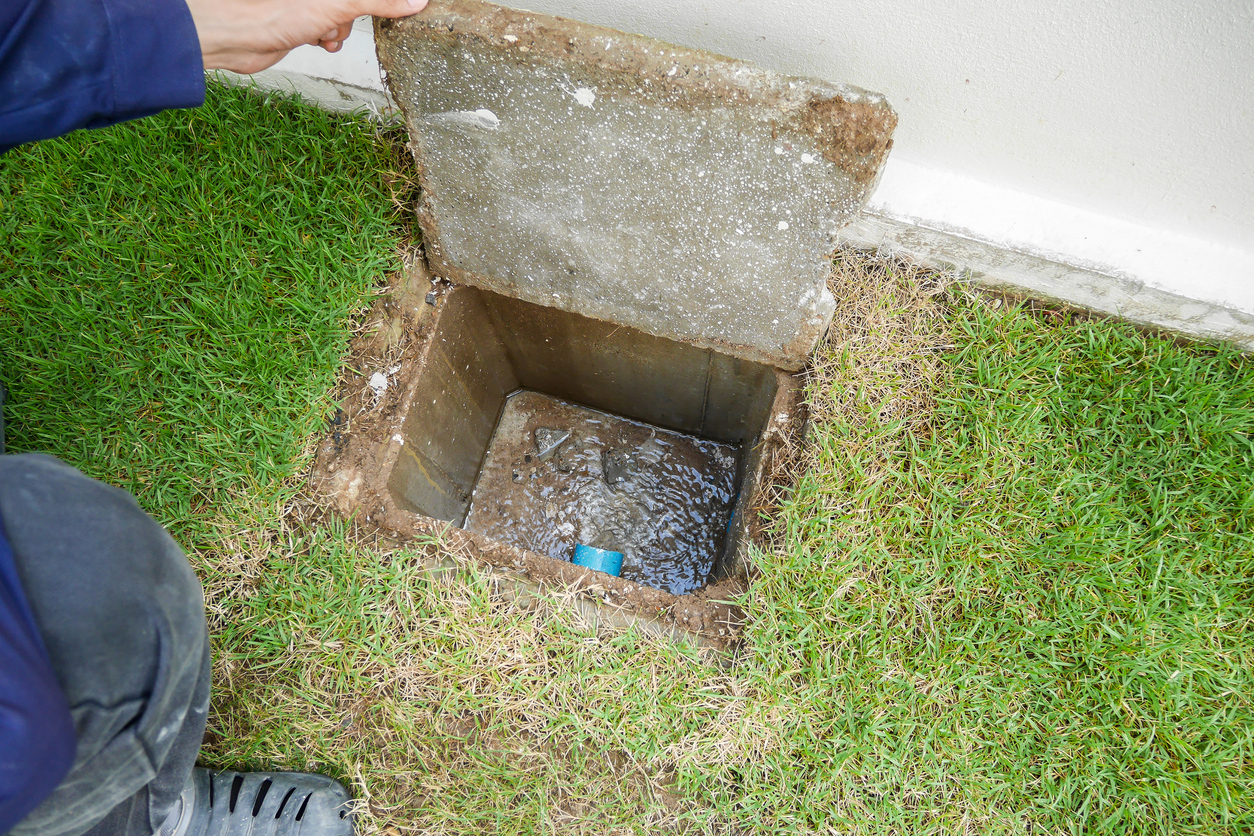What Kind of Generator Do I Need? Portable vs. Standby
ElectricalIt’s becoming increasingly common for households across the U.S. to equip their homes with a source of emergency power. Portable generators and standby generators remain popular choices nationwide. If you’re debating over which type of generator you should choose, the guide below can help you determine whether a portable generator or a standby generator will best suit your needs.
PORTABLE GENERATORS
General Uses
Because they are portable, these generators are great for outdoor activities like tailgating and camping. Some portable generators are also powerful enough to supply electricity to a camper or RV.
A portable generator can help power some essentials around your house during power outages, like the TV or a mini-fridge. The capabilities vary significantly depending on the generator’s size and output, and its run time will depend on how many items it’s powering. These generators typically require gasoline, diesel, or propane for fuel and may also require a fuel stabilizer.
Pros
The biggest advantages of portable generators are their portability and their cost. If you’re someone who enjoys spending a lot of time camping or going on trips in your RV, you can get a lot of use out of a portable power source.
In terms of cost, a run-of-the-mill portable generator will be cheaper than a standby generator, which requires a professional installation. However, the affordability varies according to the model’s size, output, and additional capabilities (like extra safety features). The cheapest, most basic models can cost less than $200, and the more expensive models can cost upwards of $3500.
Cons
Portable generators have their fair share of disadvantages. For one, you need to set up the generator to use it. You need to place it in a safe outdoor location and have an appropriate outlet where you can safely plug it in. Additionally, you must fuel it up, start it up, and finally plug in the items you need to power.
When comparing portable generators to standby generators, portable models lose when it comes to run time. Because standby generators are hooked up directly to a fuel source (like natural gas), they receive an uninterrupted fuel source – no refueling needed. For gas-powered portable generators, the continuous run-time is about 7.5 to 12 hours, although more expensive models can run for up to 24 hours.
Perhaps the biggest disadvantage of portable generators is the risk of carbon monoxide poisoning. Carbon monoxide poisoning can occur when people place their portable generators in unsafe locations (indoors, in the garage, or close to a window). Even this past year, during Hurricane Ida, misuse of portable generators caused dozens of hospitalizations and 4 deaths. When setting up your portable generator, it’s extremely important to position it at least 20 feet away from any homes and to direct its exhaust venting away from windows and doors.
STANDBY GENERATORS
General Uses
A standby generator’s primary function is to provide backup power to a home during a power outage. These generators are installed in a fixed location outside of the home and should only be installed by a licensed contractor.
Pros
Standby generators have what we’ll call the “convenience factor.” Unlike portable generators, standby models detect when your home loses power and start up automatically. The power switches from the grid to the generator in as little as 10 seconds.
Standby generators also defeat portable models in terms of output and run-time. Standby models are workhorses that can restore power to a home for weeks at a time (although it’s generally recommended not to run your generator for more than 500 hours continuously). Even basic models can keep essential home systems operating, like the fridge, freezer, sump pump, and furnace.
When it comes to safety, standby generators also have the edge over portable generators. Along with being weather-proof, they disperse carbon monoxide away from your home so that you’re not in danger of carbon monoxide poisoning.
Cons
The biggest downside of standby generators is the cost. As mentioned above, the average standby generator is going to cost more than the average portable generator, and it must be installed by a professional for safety reasons.
That being said, many contractors offer affordable financing or promotions to help homeowners who want to equip their homes with this safe source of backup power. If you are interested in installing a standby generator, don’t be shy about asking contractors about their current discounts or financing options.
New Orleans Generator Installations
Are you interested in installing a standby generator in your home? At Stuart Services, we provide professional generator services throughout Metairie and beyond, and we would be more than happy to talk with you about what’s available. Give us a call today at 504-321-2079, and don’t forget to ask about our promos and financing options!







